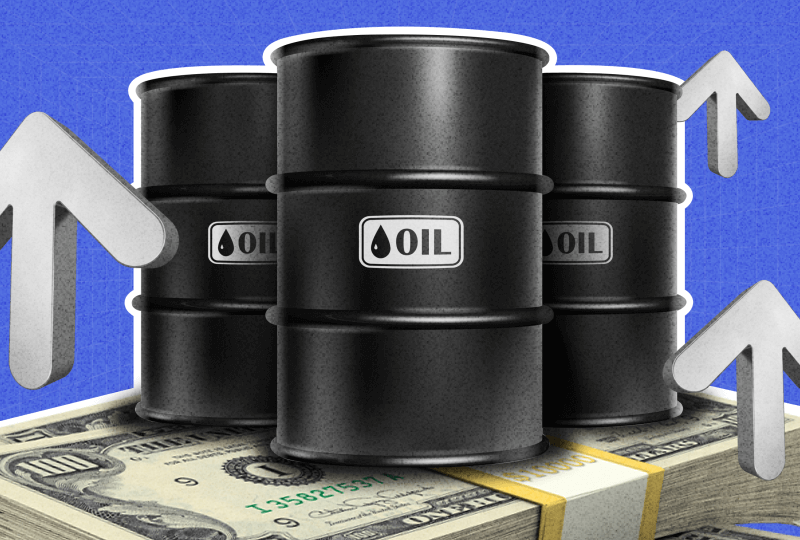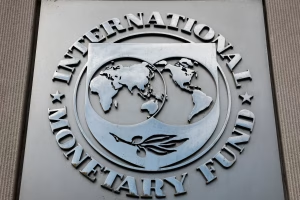The Nigerian government has officially directed the full implementation of its policy mandating the sale of crude oil and refined petroleum products in the local currency, the Naira, to domestic refiners.
The Ministry of Finance announced the decision on Wednesday via its official X (formerly Twitter) account, in a statement titled “Update on the Crude and Refined Product Sales in Naira Initiative.”
The move follows the end of the initial six-month phase of the agreement on March 31st, 2025. This first phase involved the Federal Government, the Nigerian National Petroleum Company Limited (NNPC), and the Dangote Petroleum Refinery. Reports had indicated that the deal was not immediately renewed, leading the Dangote refinery to reportedly halt Naira-based sales of refined products.
However, the government has now clarified that the Naira-for-Crude initiative is not a temporary measure but a long-term strategy aimed at reducing Nigeria’s reliance on foreign exchange for its petroleum needs and bolstering energy security.
According to the Ministry of Finance, a key meeting was held on Tuesday to review the progress of the policy and address any ongoing challenges. The statement emphasized the government’s “continued commitment to the full implementation of this strategic initiative, as directed by the Federal Executive Council.”
The policy requires transactions for both crude oil and refined petroleum products to be conducted in Naira. The government’s objectives include strengthening Nigeria’s economic sovereignty, enhancing the capacity of local refineries, and stabilizing the foreign exchange market by decreasing the demand for US dollars in domestic petroleum transactions.
The ministry explained that the initiative is designed to foster energy security and encourage further investment in Nigeria’s domestic refining infrastructure.
While acknowledging potential complexities during this transition, the government stated that any existing challenges are being systematically addressed through coordinated efforts involving all relevant stakeholders.
The statement concluded by affirming that the initiative “remains in effect and will continue for as long as it aligns with the public interest and supports national economic objectives.”
The meeting on Tuesday involved key figures including the Minister of Finance and Coordinating Minister of the Economy, Mr. Wale Edun, and representatives from NNPC Limited, the Dangote Petroleum Refinery, regulatory bodies, the Central Bank of Nigeria, and other relevant agencies.
Implications for Nigerians
For local consumers, the success of this policy could eventually translate to cheaper petrol prices. By reducing the reliance on US dollars to purchase crude oil for domestic refining, the government hopes to insulate the price of petrol from fluctuations in the foreign exchange market. If local refiners can acquire crude in Naira, their production costs may become more stable, potentially leading to lower pump prices for Nigerians in the long term.
However, the immediate impact remains to be seen and will depend on various factors, including the efficiency of local refineries and overall market dynamics.





Add Comment